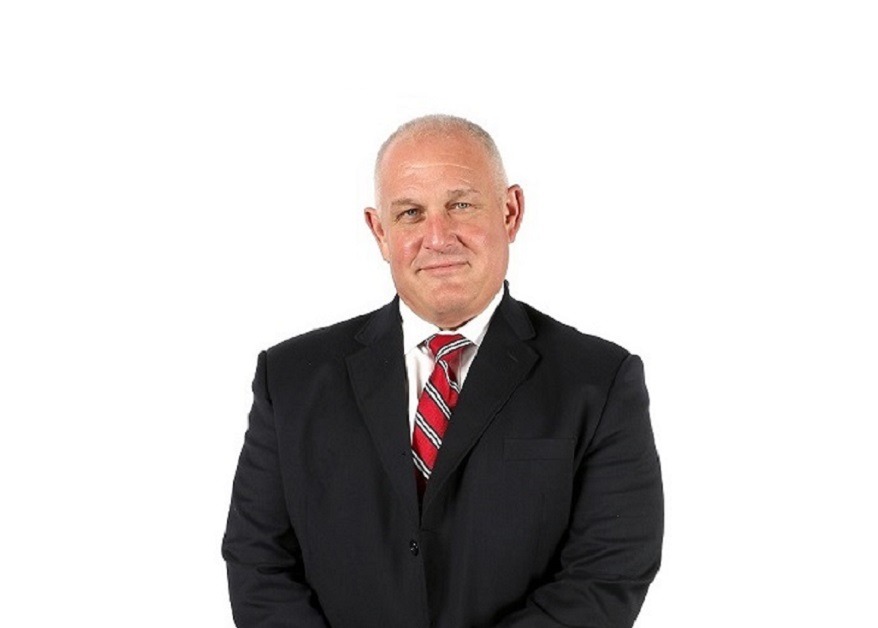Occasionally I write on labor and employment issues related to immigration law. This is one of those times. The purpose of this article is to inform both employers and employees alike of what the law is. While it should not be construed as legal advice, it should be interpreted as follows: You must follow the law. If you don’t, you will expose yourself to significant financial liability and perhaps the ruination of your business.
Prior to filing an H-1B application on an employee’s behalf, an employer certifies (promises) under penalty of perjury that it will pay an employee 100% of the appropriate prevailing wage for the position at issue. You (the employer) again promise under penalty of perjury that you are paying your employee at least 100% of the appropriate prevailing wage when you file the H-1B applications with Citizenship and Immigration Services.
When you don’t pay your employees what you promise them, you have violated the law. And, these legal violations can and often do become quite costly. In the recent past, the United States Department of Labor negotiated a class settlement on behalf of 232 foreign workers that were not paid what they should have been paid. The employer was ordered to pay $2,250,000 in unpaid wages and a $400,000 fine. While the reader(s) of this article would normally be small to midsize businesses, the law is the same as applied to you. What ends up happening is that when one of your H-1B employees becomes disgruntled, a complaint might be filed with the United States Department of Labor or by attorneys such as us, in the private sector. When a complaint is filed and facts ultimately discovered, normally it is revealed that in addition to failing to pay a worker what you promised you would on the application itself, you have also violated federal minimum wage and overtime laws, not to mention a panoply of other related laws. These types of complaints can and often do result in other federal agencies, such as the Internal Revenue Service getting involved. Why? Because if you paid less than what you were supposed to, you also didn’t pay the necessary payroll taxes. So, in addition to getting sued by your employees, you also might find yourself on the receiving end of a lawsuit filed by a federal agency.
The Department of Labor aggressively enforces the law (as it should) to ensure that temporary foreign workers are compensated fully and fairly. Prior to any comprehensive immigration reform, the government will continue to improve enforcement mechanisms both at the borders and within the private sector, you as an employer must pay your employees what you state under penalty of perjury you will pay them.
If you are an employer that may face potential liability, now is the time to get your shop in order. Review documents, speak to your lawyer (not your paralegal) and spend the necessary preventative dollars to avoid future lawsuits. If you are an employee, you too should educate yourself in the same manner described above. Do not be afraid to exercise your rights. While you may perceive your employer as having done you a “favor” by filing an H-1B petition for you in the first place, know this: if you are not being paid what is stated on the petition, it will be difficult if not impossible for you to renew your H-1B. And, this so-called “favor” is nothing more than an employer’s justification for paying you less than they otherwise would have to in order to employ a qualified worker. Simply put, legal violations should not be tolerated.
If you have any questions about the requirements, please do not hesitate to contact our office. We offer free in-person consultations. U.S. immigration law is complex, which is why you need experienced immigration attorneys to guide and advise you through the process. We are those lawyers, and our firm practices immigration law exclusively. We have offices in Orange, Fresno, Riverside, Sacramento, San Bruno, California, as well as Orem and Salt Lake City, Utah, and Boise, Idaho.
ABOUT THE AUTHOR

RICHARD M. WILNER – FOUNDING PARTNER
Richard M. Wilner is a founding member of Wilner & O’Reilly, APLC and is Board Certified by the State Bar of California as a Specialist in Immigration and Nationality Law. He is admitted to practice law in the State of California and before the U.S. District Courts for the Central, Northern and Southern Districts of California, the Northern District of Texas, the U.S. Court of Appeals for the Ninth Circuit and the U.S. Supreme Court.Mr. Wilner has received the coveted Martindale-Hubbell AV Rating, the highest legal and ethical rating that one can receive from one’s peers in the legal community. Similarly, he has been awarded the title of Super Lawyer from 2007 to the present. He is best known for his work in advising Fortune 500 companies, middle and small market businesses, entrepreneurs and foreign nationals of extraordinary ability in athletics, arts, and sciences in the complex area of U.S. Immigration and Nationality Law.


Comments are closed.